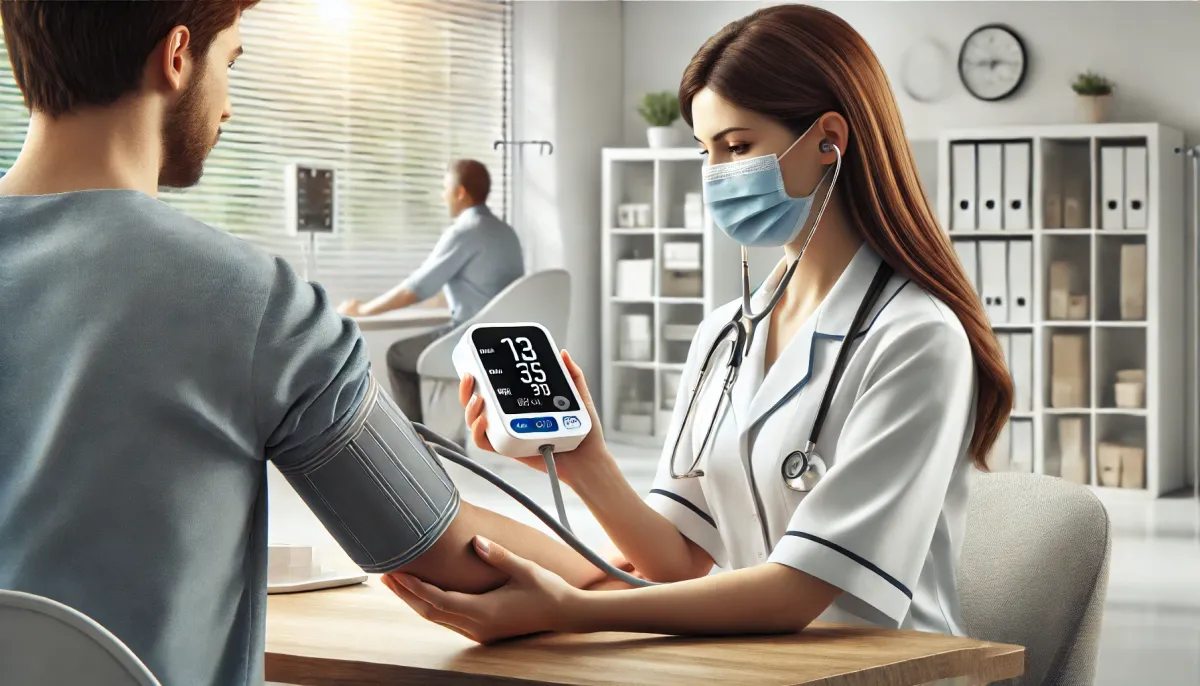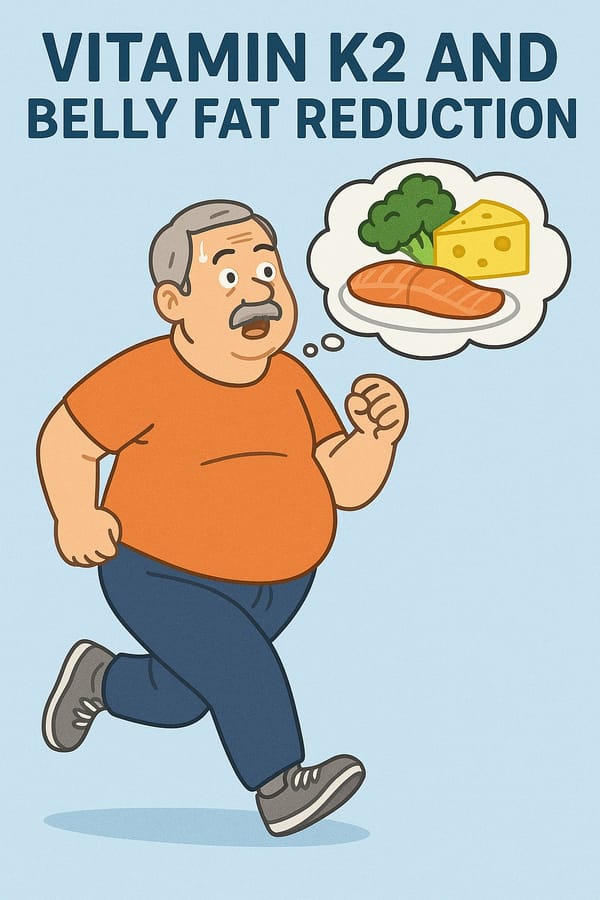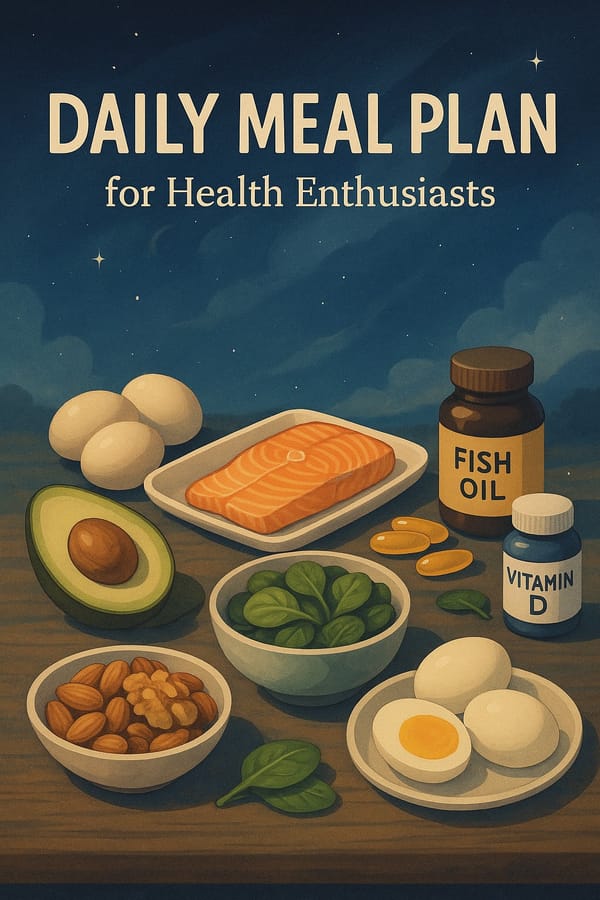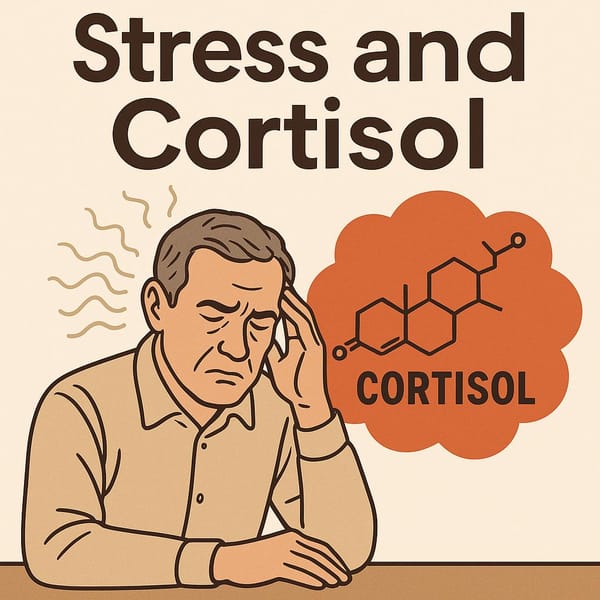Managing Hypertension: Effective Ways to Control and Prevent High Blood Pressure

Hypertension (high blood pressure) is one of the most common chronic conditions worldwide and a leading cause of severe complications such as heart disease, stroke, chronic kidney disease, and heart failure. However, hypertension can be effectively managed and prevented through appropriate lifestyle adjustments.
In this article, we will explore every aspect of hypertension care, including its causes, symptoms, blood pressure measurement, and actionable strategies to control blood pressure. We’ll also share practical prevention tips you can implement daily.
1. Understanding Hypertension
1.1 What is Blood Pressure?
Blood pressure is the force of blood pushing against the walls of arteries as the heart pumps blood. It consists of two values:
- Systolic Pressure: Pressure when the heart contracts.
- Diastolic Pressure: Pressure when the heart relaxes.
1.2 Diagnostic Criteria for Hypertension
According to the World Health Organization (WHO):
- Normal: Below 120/80 mmHg
- Stage 1 Hypertension: 130-139/80-89 mmHg
- Stage 2 Hypertension: 140/90 mmHg or higher
1.3 Causes of Hypertension
Hypertension is categorized into two types:
- Primary (Essential) Hypertension: No identifiable cause, often linked to risk factors like genetics, aging, or obesity.
- Secondary Hypertension: Caused by underlying conditions such as kidney disease, endocrine disorders, or sleep apnea.
2. Dietary Adjustments to Control Blood Pressure
2.1 Reduce Sodium (Salt) Intake
Excess sodium causes fluid retention, increasing blood pressure.
- Action Steps:
- Avoid processed foods, canned goods, and instant noodles.
- Flavor meals with herbs/spices (e.g., garlic, pepper, turmeric) instead of salt.
- Limit sodium intake to under 2,300 mg (1 teaspoon) daily.
2.2 Increase Potassium-Rich Foods
Potassium helps flush out sodium and relax blood vessels.
- Food Sources: Bananas, potatoes, spinach, avocados, and pumpkin.
2.3 Follow the DASH Diet
The DASH (Dietary Approaches to Stop Hypertension) diet emphasizes:
- Fresh fruits and vegetables
- Whole grains
- Lean proteins (fish, poultry)
- Low-fat dairy
- Limited saturated fats and sugars
2.4 Limit Alcohol Consumption
Excessive alcohol raises blood pressure and damages blood vessels.
- Recommended Limits:
- Men: ≤2 standard drinks/day
- Women: ≤1 standard drink/day
3. Exercise Regularly to Lower Blood Pressure
Regular physical activity strengthens the heart, improves blood vessel flexibility, and aids weight management.
3.1 Recommended Exercises
- Aerobic Exercise: Brisk walking, jogging, swimming, or cycling (≥150 minutes/week).
- Strength Training: Light weightlifting or resistance bands (2-3 sessions/week).
3.2 Precautions
- Consult a doctor before starting a new routine if you have health conditions.
- Always warm up to avoid injury.
4. Manage Stress – A Silent Contributor to Hypertension
Chronic stress triggers cortisol release, raising heart rate and blood pressure.
4.1 Stress-Relief Techniques
- Meditation or Deep Breathing: Lowers blood pressure within minutes.
- Hobbies: Gardening, reading, or listening to music.
- Adequate Sleep: Aim for 7-8 hours nightly.
5. Medication: When and How to Use It
5.1 When is Medication Needed?
Doctors may prescribe antihypertensives if lifestyle changes fail or if complications (e.g., heart/kidney disease) exist.
5.2 Common Hypertension Medications
- ACE Inhibitors: Relax blood vessels (e.g., Lisinopril).
- Beta-Blockers: Reduce heart rate (e.g., Metoprolol).
- Diuretics: Remove excess fluid (e.g., Hydrochlorothiazide).
5.3 Medication Tips
- Never stop medication without consulting your doctor.
- Take doses consistently.
- Report side effects (e.g., dizziness, fatigue).
6. Monitor Blood Pressure Regularly
6.1 How to Measure Accurately
- Rest for 5 minutes before measuring.
- Keep your arm level with your heart.
- Avoid caffeine or meals 30 minutes prior.
6.2 Track Your Readings
Maintain a log to help your doctor assess treatment effectiveness.
7. Avoid Additional Risk Factors
7.1 Quit Smoking
Nicotine constricts blood vessels, increasing blood pressure.
7.2 Maintain a Healthy Weight
Aim for a BMI of 18.5–22.9 kg/m².
7.3 Screen for Complications
Regular check-ups can detect kidney disease, heart issues, or vision problems early.
8. Preventing Hypertension
Even without symptoms, everyone should:
- Check blood pressure annually.
- Control blood sugar (to prevent diabetes).
- Avoid trans fats.
Conclusion
Hypertension is manageable through lifestyle changes like a balanced diet, regular exercise, stress reduction, and consistent monitoring. Remember, "Normal blood pressure is the foundation of good health." Start taking control today to prevent life-threatening complications.
If lifestyle adjustments don’t lower your blood pressure or if you experience symptoms like severe headaches or chest pain, seek medical attention immediately.
Note: This article provides general information and is not a substitute for professional medical advice.



